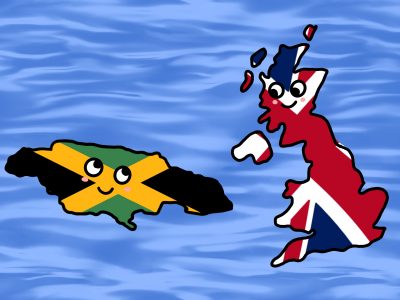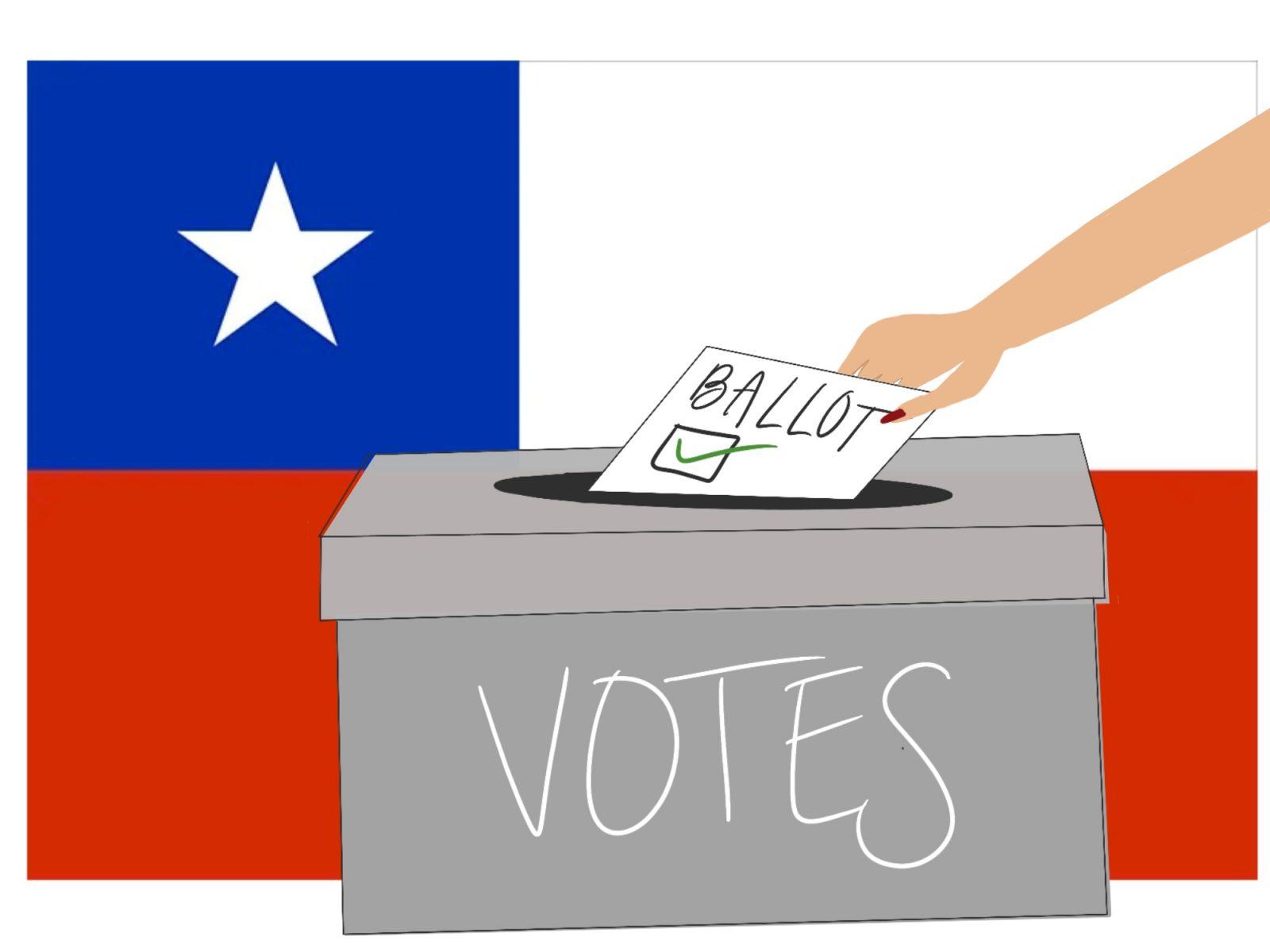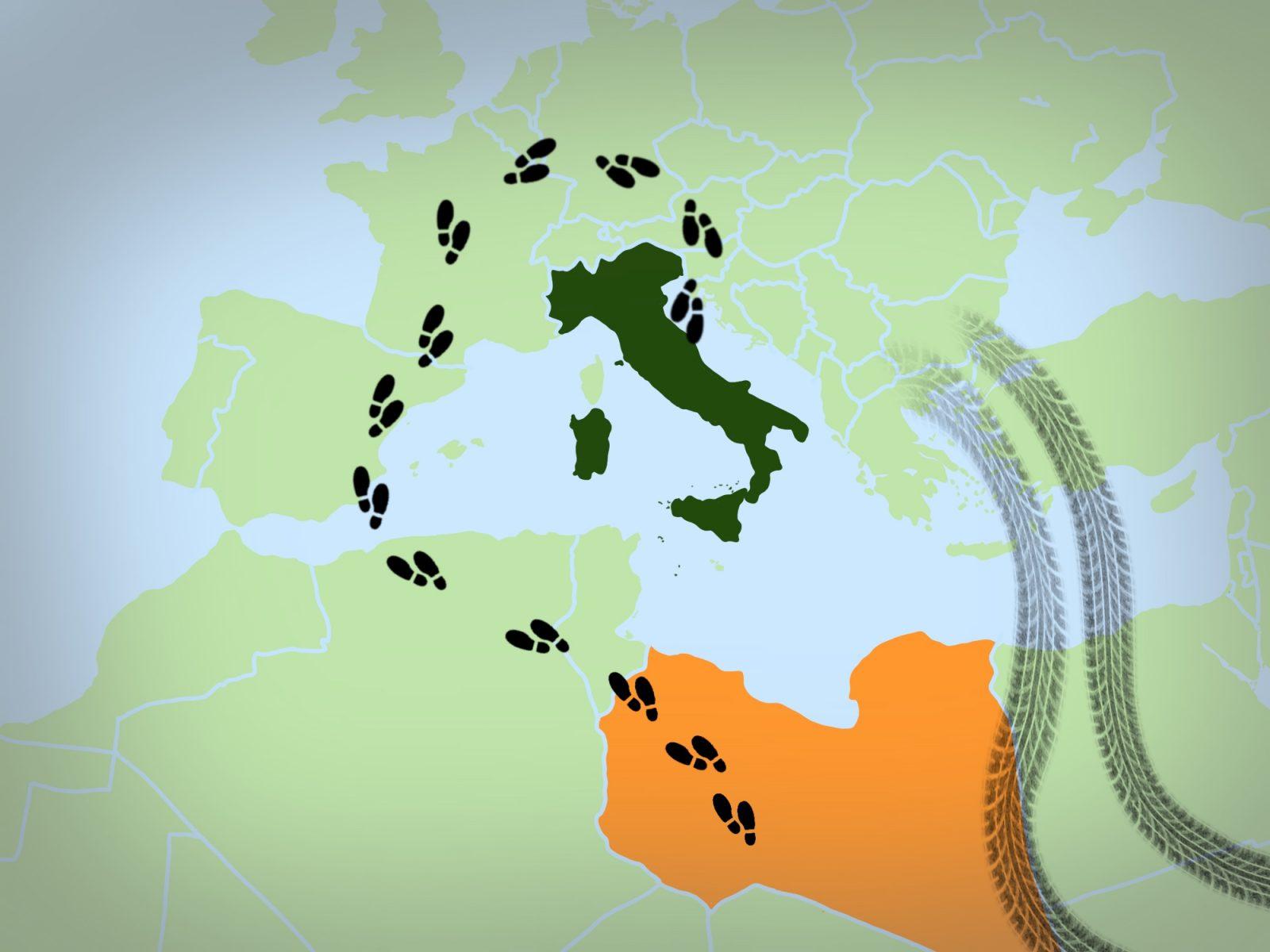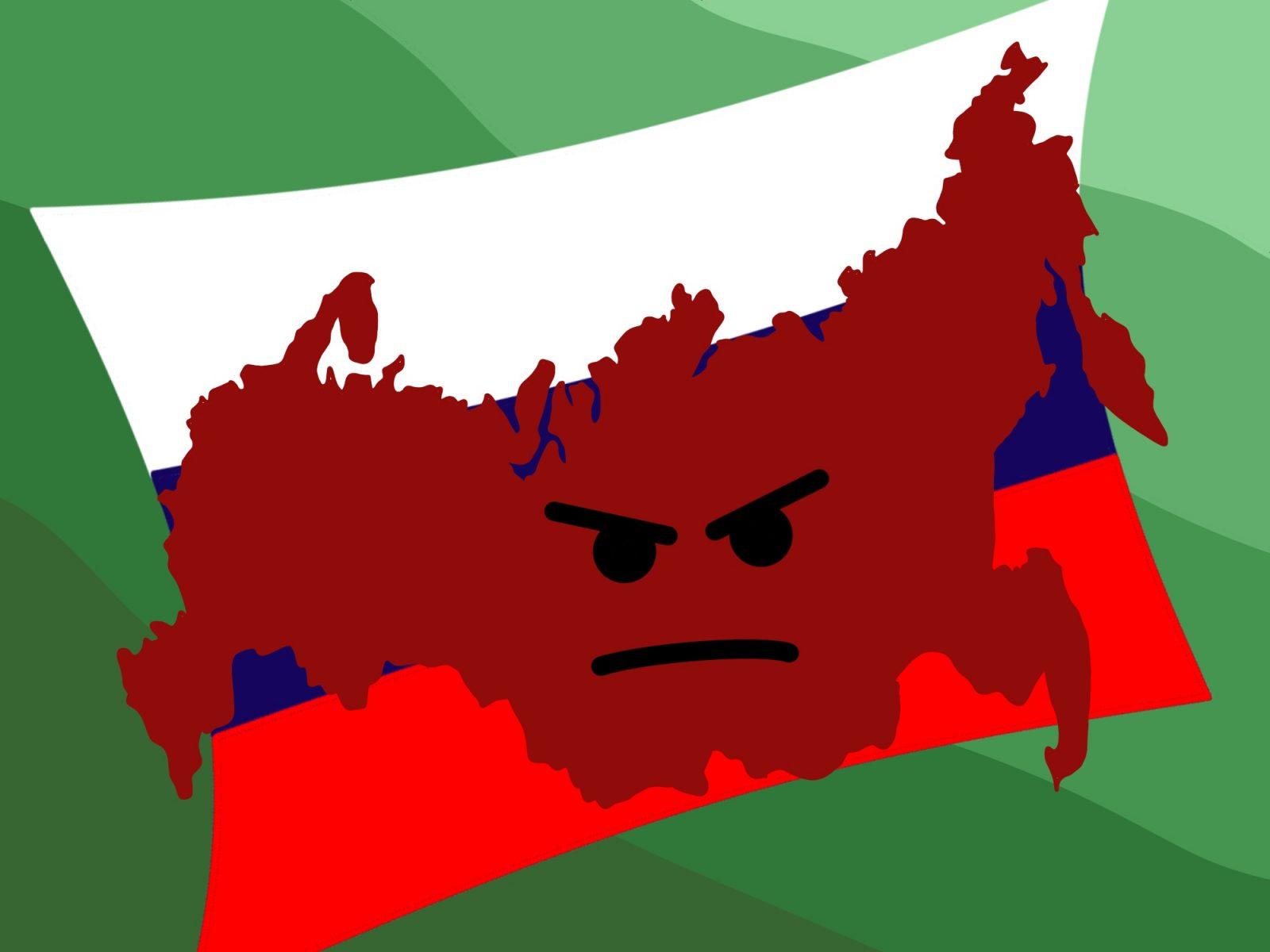In late March of this year, less than six months before news broke of Queen Elizabeth II’s death, the British Royal Air Force touched down in the Jamaican capital city of Kingston. Nearly four hundred years after Britain first commandeered the island as a profitable plantation colony, William and Catherine, the Prince and Princess of Wales, paid the Caribbean nation a visit.
At one time, Kingston had been known as the “heart of the British Empire.” On this day, though, the royals were greeted with streets lined with protesters.
Shirts emblazoned with “seh yuh sorry” — written in the local Patois dialect and meaning “say you (are) sorry” — and signs which read “60 reasons to go home” — referring to Jamaica’s 60 years of independence — made evident the frustration and anger felt by many Jamaicans.
Despite centuries of committing some of the most horrific crimes known to mankind, a formal apology to the people of Jamaica — much less any form of financial reparations — has yet to be issued by the British Crown.
The quest for reparative action from Great Britain is not a new pursuit in the nation of Jamaica. Still, when the current Prime Minister, Andrew Holness, announced during this most recent royal tour that his country — as of October 2022, still legally under the dominion of Great Britain — would be “moving on” from its longtime affiliation with Britain, domestic and international audiences alike were shocked.

The transition from Commonwealth Realm to fully autonomous republic would remove King Charles III and all subsequent English monarchs as Jamaican Heads of State. While status as a member of the Commonwealth of Nations would be maintained, all other loyalty to Great Britain would be cut off. This severing of ties with Britain — albeit largely symbolic, as Jamaica has been a sovereign nation since 1962 — is a monumental step toward the independence sought by former British colonies worldwide.
For many Jamaicans, though, declaring independence is nothing more than a symbolic gesture with no real reparative conclusions. While most Jamaicans want some form of reparations from Britain, only 56% of the country supported leaving the Commonwealth in August of 2022. The attention garnered by Holness’ statement fails to address the apprehension expressed by Jamaicans about whether or not leaving the Commonwealth will actually improve their country’s political and economic situation.
The ongoing political and economic instability occurring in the nation is not unique to Jamaica. Centuries of exploitation at the hands of wealthy colonizers like the British monarchy primed many former colonies for the establishment of corrupt governments upon the removal of their colonial occupiers.
Great Britain profited immensely from the labor of enslaved people across the Americas and Africa and was reluctant to cease use of these systems. Upon emancipation of approximately 311,000 enslaved Jamaicans in 1838, the British Crown issued a financial compensation of 19 pounds per emancipated person to each former enslaver. This amounted to more than 20 million pounds in total.
In contrast, Britain has still failed to issue so much as a formal apology for the centuries of atrocities committed in its name against the people of nations like Jamaica. It has, however, acknowledged some of the crimes of its past.
In the words of Jeremiah Wright, American minister and advocate for reparations, “confession means repentance, and repentance means you gotta pay.” Some sources cite the tab for reparations owed by Britain to the people of Jamaica as being as high as 7.6 billion pounds.
Still, it is difficult to assign a monetary value severe enough to serve as repentance for crimes as horrific as slavery. Many proponents of reparations in Jamaica, like activist Carla Gullota of Stand Up for Jamaica, are opposed to the idea of so-called “reparation checks.”
Calling the prospect of such a policy “ridiculous,” she suggests Britain instead compensate Jamaicans in more long-term, substantial ways, such as through scholarships and more widespread access to healthcare.
A formal report issued in 2013 by intergovernmental organization Caribbean Community (CARICOM) called for reparations from several European nations, including Britain. The report presented ten points, ranging from a full formal apology to illiteracy eradication and debt cancellation. So far, none of those demands have been met in any concrete way.
The British monarchy, one of the last to hold any significant authority in Western Europe, is undeniably a relic of colonialism. If the monarchy must remain, the death of the nation’s longest-ruling monarch last month could serve as a natural catalyst for institutional change.
As former colonies like Barbados and Jamaica have begun to assert their independence, Britain has been handed an opportunity to begin making reparations for the abominations of its past.
Despite Jamaica’s intentions to become a republic, England’s newly-crowned King Charles III has been named Head of the Commonwealth, granting him dominion over Jamaica. Whether the next generation of royals will attempt to repent for the sins of their forefathers or follow in their footsteps of crime and complacency is, at this moment, unknown.

























































































































